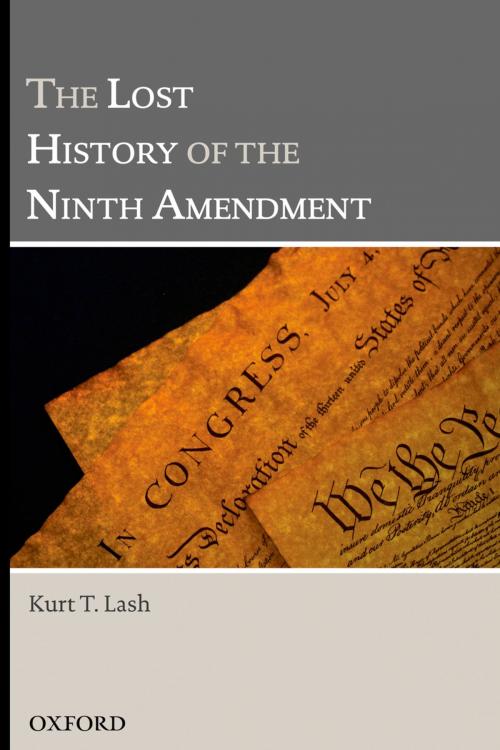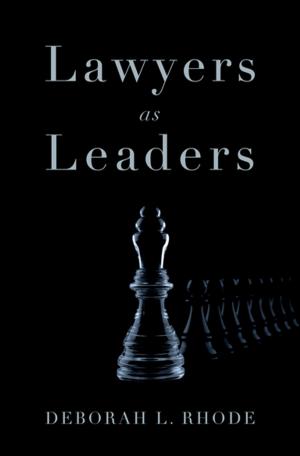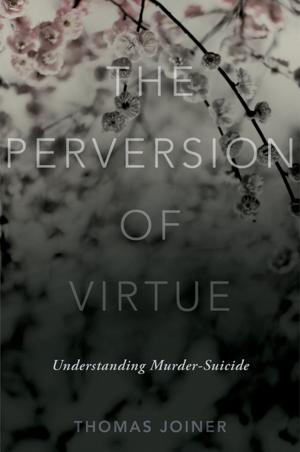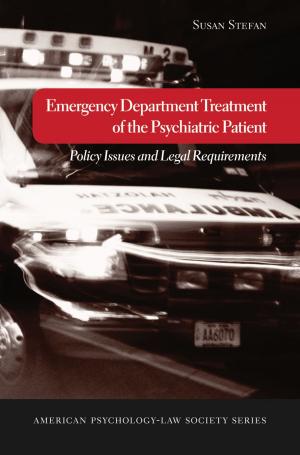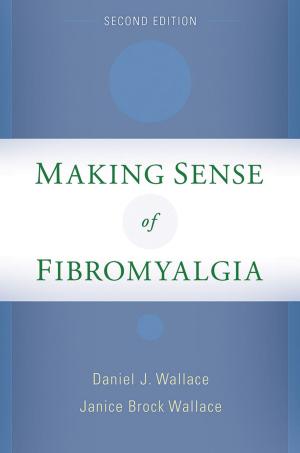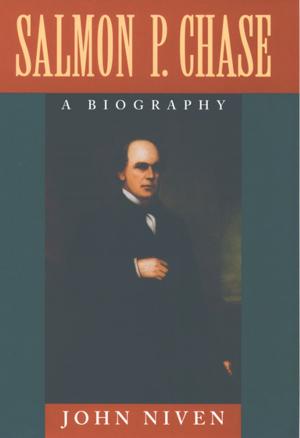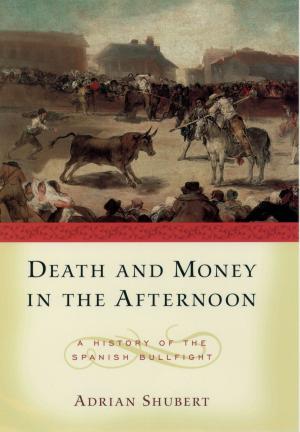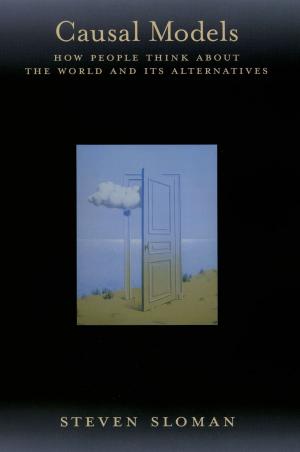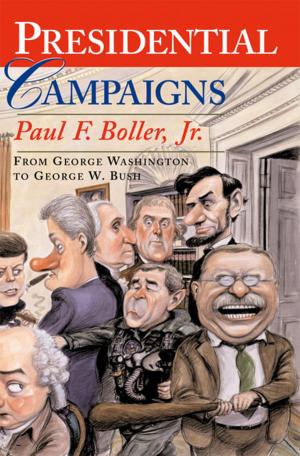The Lost History of the Ninth Amendment
Nonfiction, Reference & Language, Law, Legal History, Constitutional| Author: | Kurt T. Lash | ISBN: | 9780190451745 |
| Publisher: | Oxford University Press | Publication: | March 27, 2009 |
| Imprint: | Oxford University Press | Language: | English |
| Author: | Kurt T. Lash |
| ISBN: | 9780190451745 |
| Publisher: | Oxford University Press |
| Publication: | March 27, 2009 |
| Imprint: | Oxford University Press |
| Language: | English |
The Ninth Amendment has had a remarkably robust history, playing a role in almost every significant constitutional debate in American history, including the controversy over the Alien and Sedition Acts, the struggle over slavery, and the constitutionality of the New Deal. Until very recently, however, this history has been almost completely lost due to a combination of historical accident, mistaken assumptions, and misplaced historical documents. Drawing upon a wide range of primary sources, most never before included in any book on the Ninth Amendment or the Bill of Rights, Kurt T. Lash recovers the lost history of the Ninth Amendment and explores how its original understanding can be applied to protect the people's retained rights today. The most important aspect of The Lost History of the Ninth Amendment is its presentation of newly uncovered historical evidence which calls into question the currently presumed meaning and application of the Ninth Amendment. The evidence not only challenges the traditional view regarding the original meaning of the Ninth Amendment, it also falsifies the common assumption that the Amendment lay dormant prior to the Supreme Court's "discovery" of the clause in Griswold v. Connecticut. As a history of the Ninth Amendment, the book recapitulates the history of federalism in America and the idea that local self-government is a right retained by the people. This issue has particular contemporary salience as the Supreme Court considers whether states have the right to authorize medicinal use of marijuana, refuse to assist the enforcement of national laws like the Patriot Act, or regulate physician-assisted suicide. The meaning of the Ninth Amendment has played a key role in past Senate confirmation hearings for Supreme Court justices and the current divide on the Court regarding the meaning of the Ninth Amendment makes it likely the subject will come up again during the next set of hearings.
The Ninth Amendment has had a remarkably robust history, playing a role in almost every significant constitutional debate in American history, including the controversy over the Alien and Sedition Acts, the struggle over slavery, and the constitutionality of the New Deal. Until very recently, however, this history has been almost completely lost due to a combination of historical accident, mistaken assumptions, and misplaced historical documents. Drawing upon a wide range of primary sources, most never before included in any book on the Ninth Amendment or the Bill of Rights, Kurt T. Lash recovers the lost history of the Ninth Amendment and explores how its original understanding can be applied to protect the people's retained rights today. The most important aspect of The Lost History of the Ninth Amendment is its presentation of newly uncovered historical evidence which calls into question the currently presumed meaning and application of the Ninth Amendment. The evidence not only challenges the traditional view regarding the original meaning of the Ninth Amendment, it also falsifies the common assumption that the Amendment lay dormant prior to the Supreme Court's "discovery" of the clause in Griswold v. Connecticut. As a history of the Ninth Amendment, the book recapitulates the history of federalism in America and the idea that local self-government is a right retained by the people. This issue has particular contemporary salience as the Supreme Court considers whether states have the right to authorize medicinal use of marijuana, refuse to assist the enforcement of national laws like the Patriot Act, or regulate physician-assisted suicide. The meaning of the Ninth Amendment has played a key role in past Senate confirmation hearings for Supreme Court justices and the current divide on the Court regarding the meaning of the Ninth Amendment makes it likely the subject will come up again during the next set of hearings.
